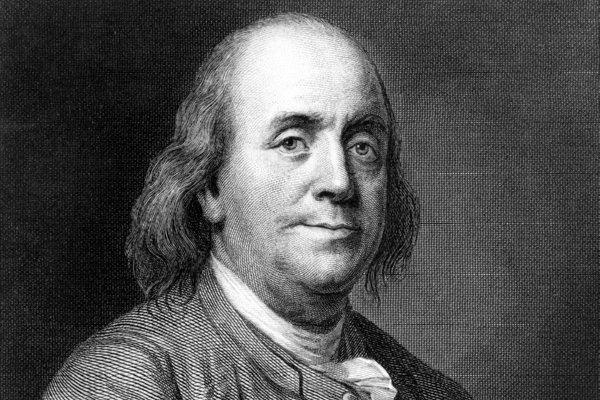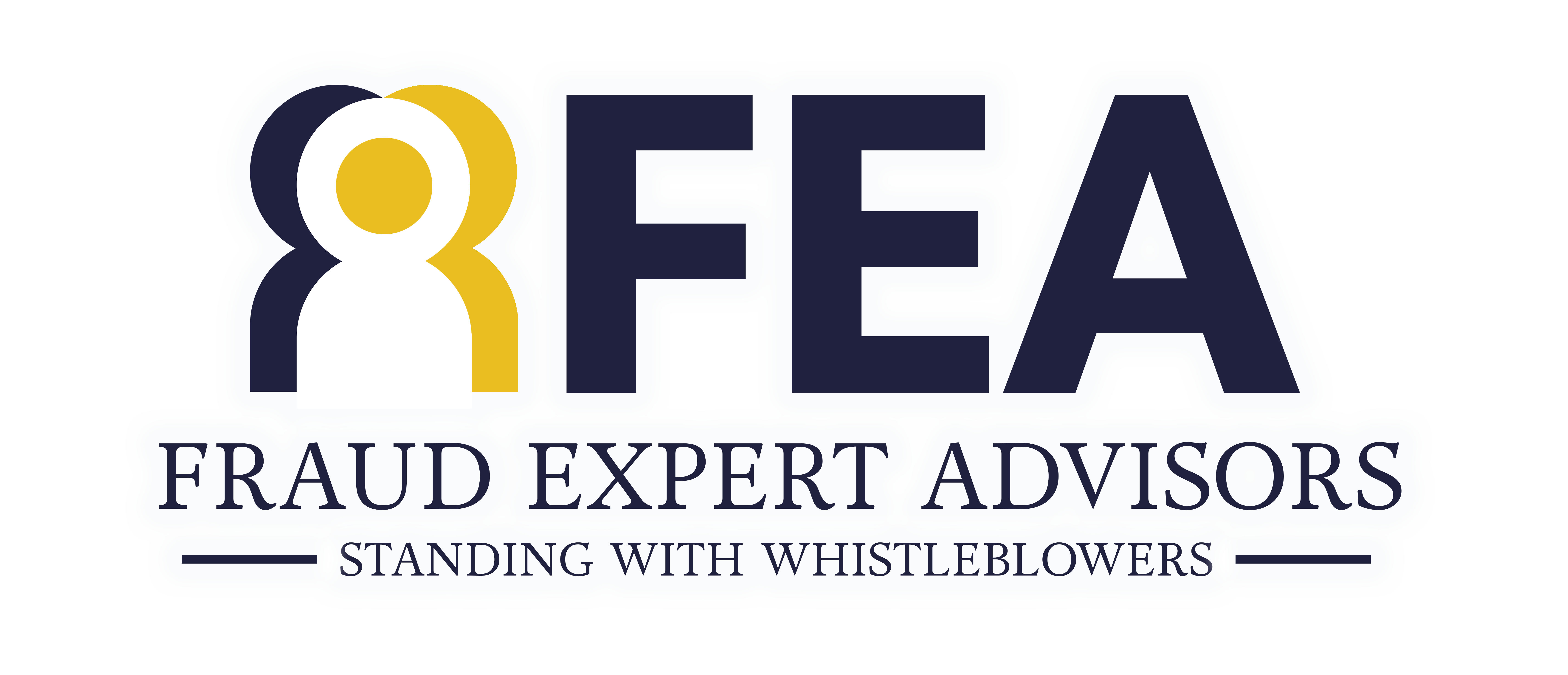
12 Mar Whistleblowing Then and Now
When did the concept of whistleblowing first appear? Were the whistleblowers of the past different from today’s whistleblowers? This post takes a look at the history of whistleblowing and several famous instances of whistleblowing to answer these questions.
The Appearance of Whistleblowing
The notion of whistleblowing first appeared in England during the 7th century. The term used for whistleblowing at that time was qui tam, a shortened version of a longer Latin phrase meaning “he who prosecutes for himself as well as for the King.”1 We still use the term qui tam today, particularly when referencing False Claims Act cases.
Whistleblowing Then
Who were history’s famous whistleblowers? There are several. So, let’s take a look at few.
Benjamin Franklin
Benjamin Franklin might be the most famous whistleblower in early American history. In 1773, he exposed information that revealed the governor of Massachusetts acted improperly to promote a military buildup.
Upton Sinclair
Upton Sinclair exposed the truth about Chicago’s slaughter houses in his book, The Jungle in 1906.
Richard Parks
Remember the nuclear disaster on Three Mile Island? Well, in 1983, Richard Parks exposed the cleanup crew’s rushed job and the fact that they were ignoring regulations. Though he was fired, the Nuclear Regulatory Commission forced the cleanup firm to do the job right.
Whistleblowing Now
Whistleblowers continue to stand up for what’s right today. Here are a few examples:
Marc Hodler
In 1998, Marc Holder, a member of the International Olympic Committee exposed a bidding scandal that surrounded the 2002 Salt Lake City games. Members of the Committee were taking bribes from the Salt Lake Organizing Committee. His actions prompted the Committee to adopt a new set of rules.
David Graham
In 2004, David Graham testifies that Merck’s arthritis drug Vioxx was responsible for killing Americans.
Edward Snowden
In 2013, Edward Snowden leaked documents that revealed NSA surveillance programs. The appropriateness of his actions continue to be debated. We’ll likely hear more about this particular instance of whistleblowing over the next several decades.
What’s Different?
There’s not much different between yesterday’s whistleblowers and today’s. Whistleblowing continues to be a stressful rollercoaster for those brave enough to stand up for what’s right. Though fighting corruption is never easy, today’s whistleblowers do enjoy more protections, and that’s cause for celebration.
Where Can Whistleblowers Seek Help?
Today’s whistleblowers have access to a tremendous amount of support—both legal and emotional. However, it’s important to know where to turn. If you plan to take a stand against corruption, you’ll need a lawyer.
Choose a lawyer in your area who has dealt with whistleblower cases. They’ll help you to understand the law and your rights. Though, ultimately you’re the one who has to stand up and fight, a good lawyer can facilitate the process.
Before taking any action, you’ll need to consider all your options and decide what’s right for you. But just remember, you’re not alone. History is full of whistleblowers who made a difference, and you can make a difference too.
- https://www.whistleblowersinternational.com/what-is-whistleblowing/history/
When did the concept of whistleblowing first appear? Were the whistleblowers of the past different from today’s whistleblowers? This post takes a look at the history of whistleblowing and several famous instances of whistleblowing to answer these questions.
The Appearance of Whistleblowing
The notion of whistleblowing first appeared in England during the 7th century. The term used for whistleblowing at that time was qui tam, a shortened version of a longer Latin phrase meaning “he who prosecutes for himself as well as for the King.”1 We still use the term qui tam today, particularly when referencing False Claims Act cases.
Whistleblowing Then
Who were history’s famous whistleblowers? There are several. So, let’s take a look at few.
Benjamin Franklin
Benjamin Franklin might be the most famous whistleblower in early American history. In 1773, he exposed information that revealed the governor of Massachusetts acted improperly to promote a military buildup.
Upton Sinclair
Upton Sinclair exposed the truth about Chicago’s slaughter houses in his book, The Jungle in 1906.
Richard Parks
Remember the nuclear disaster on Three Mile Island? Well, in 1983, Richard Parks exposed the cleanup crew’s rushed job and the fact that they were ignoring regulations. Though he was fired, the Nuclear Regulatory Commission forced the cleanup firm to do the job right.
Whistleblowing Now
Whistleblowers continue to stand up for what’s right today. Here are a few examples:
Marc Hodler
In 1998, Marc Holder, a member of the International Olympic Committee exposed a bidding scandal that surrounded the 2002 Salt Lake City games. Members of the Committee were taking bribes from the Salt Lake Organizing Committee. His actions prompted the Committee to adopt a new set of rules.
David Graham
In 2004, David Graham testifies that Merck’s arthritis drug Vioxx was responsible for killing Americans.
Edward Snowden
In 2013, Edward Snowden leaked documents that revealed NSA surveillance programs. The appropriateness of his actions continue to be debated. We’ll likely hear more about this particular instance of whistleblowing over the next several decades.
What’s Different?
There’s not much different between yesterday’s whistleblowers and today’s. Whistleblowing continues to be a stressful rollercoaster for those brave enough to stand up for what’s right. Though fighting corruption is never easy, today’s whistleblowers do enjoy more protections, and that’s cause for celebration.
Where Can Whistleblowers Seek Help?
Today’s whistleblowers have access to a tremendous amount of support—both legal and emotional. However, it’s important to know where to turn. If you plan to take a stand against corruption, you’ll need a lawyer.
Choose a lawyer in your area who has dealt with whistleblower cases. They’ll help you to understand the law and your rights. Though, ultimately you’re the one who has to stand up and fight, a good lawyer can facilitate the process.
Before taking any action, you’ll need to consider all your options and decide what’s right for you. But just remember, you’re not alone. History is full of whistleblowers who made a difference, and you can make a difference too.
- https://www.whistleblowersinternational.com/what-is-whistleblowing/history/
When did the concept of whistleblowing first appear? Were the whistleblowers of the past different from today’s whistleblowers? This post takes a look at the history of whistleblowing and several famous instances of whistleblowing to answer these questions.
The Appearance of Whistleblowing
The notion of whistleblowing first appeared in England during the 7th century. The term used for whistleblowing at that time was qui tam, a shortened version of a longer Latin phrase meaning “he who prosecutes for himself as well as for the King.”1 We still use the term qui tam today, particularly when referencing False Claims Act cases.
Whistleblowing Then
Who were history’s famous whistleblowers? There are several. So, let’s take a look at few.
Benjamin Franklin
Benjamin Franklin might be the most famous whistleblower in early American history. In 1773, he exposed information that revealed the governor of Massachusetts acted improperly to promote a military buildup.
Upton Sinclair
Upton Sinclair exposed the truth about Chicago’s slaughter houses in his book, The Jungle in 1906.
Richard Parks
Remember the nuclear disaster on Three Mile Island? Well, in 1983, Richard Parks exposed the cleanup crew’s rushed job and the fact that they were ignoring regulations. Though he was fired, the Nuclear Regulatory Commission forced the cleanup firm to do the job right.
Whistleblowing Now
Whistleblowers continue to stand up for what’s right today. Here are a few examples:
Marc Hodler
In 1998, Marc Holder, a member of the International Olympic Committee exposed a bidding scandal that surrounded the 2002 Salt Lake City games. Members of the Committee were taking bribes from the Salt Lake Organizing Committee. His actions prompted the Committee to adopt a new set of rules.
David Graham
In 2004, David Graham testifies that Merck’s arthritis drug Vioxx was responsible for killing Americans.
Edward Snowden
In 2013, Edward Snowden leaked documents that revealed NSA surveillance programs. The appropriateness of his actions continue to be debated. We’ll likely hear more about this particular instance of whistleblowing over the next several decades.
What’s Different?
There’s not much different between yesterday’s whistleblowers and today’s. Whistleblowing continues to be a stressful rollercoaster for those brave enough to stand up for what’s right. Though fighting corruption is never easy, today’s whistleblowers do enjoy more protections, and that’s cause for celebration.
Where Can Whistleblowers Seek Help?
Today’s whistleblowers have access to a tremendous amount of support—both legal and emotional. However, it’s important to know where to turn. If you plan to take a stand against corruption, you’ll need a lawyer.
Choose a lawyer in your area who has dealt with whistleblower cases. They’ll help you to understand the law and your rights. Though, ultimately you’re the one who has to stand up and fight, a good lawyer can facilitate the process.
Before taking any action, you’ll need to consider all your options and decide what’s right for you. But just remember, you’re not alone. History is full of whistleblowers who made a difference, and you can make a difference too.
https://www.whistleblowersinternational.com/what-is-whistleblowing/history/
